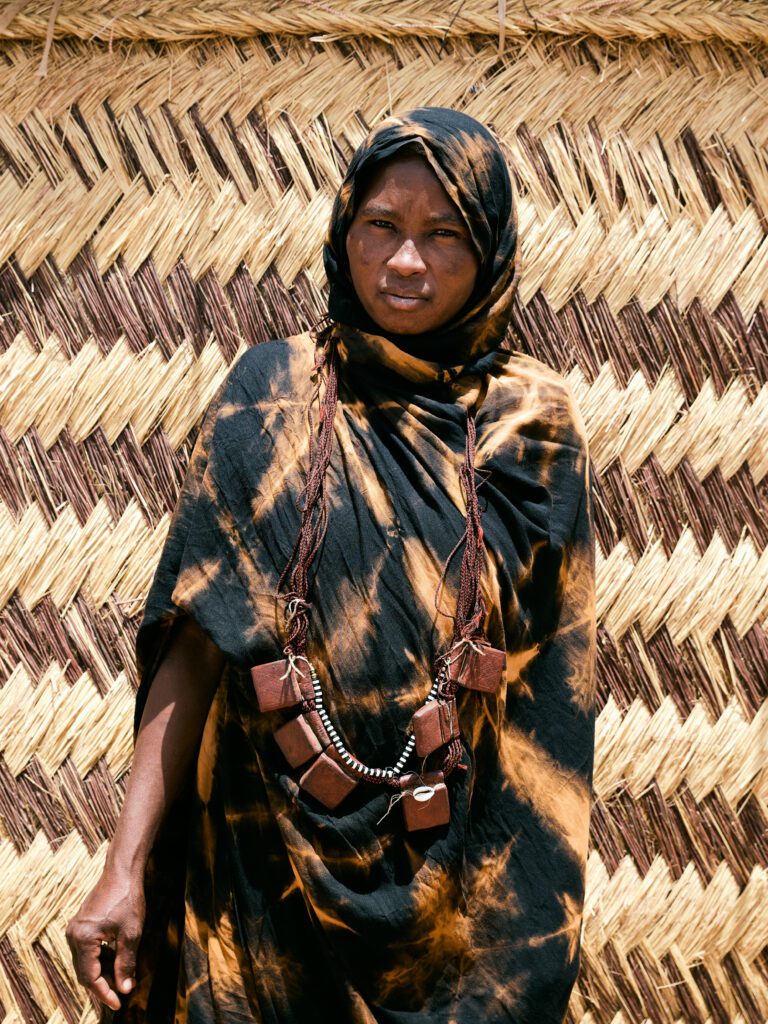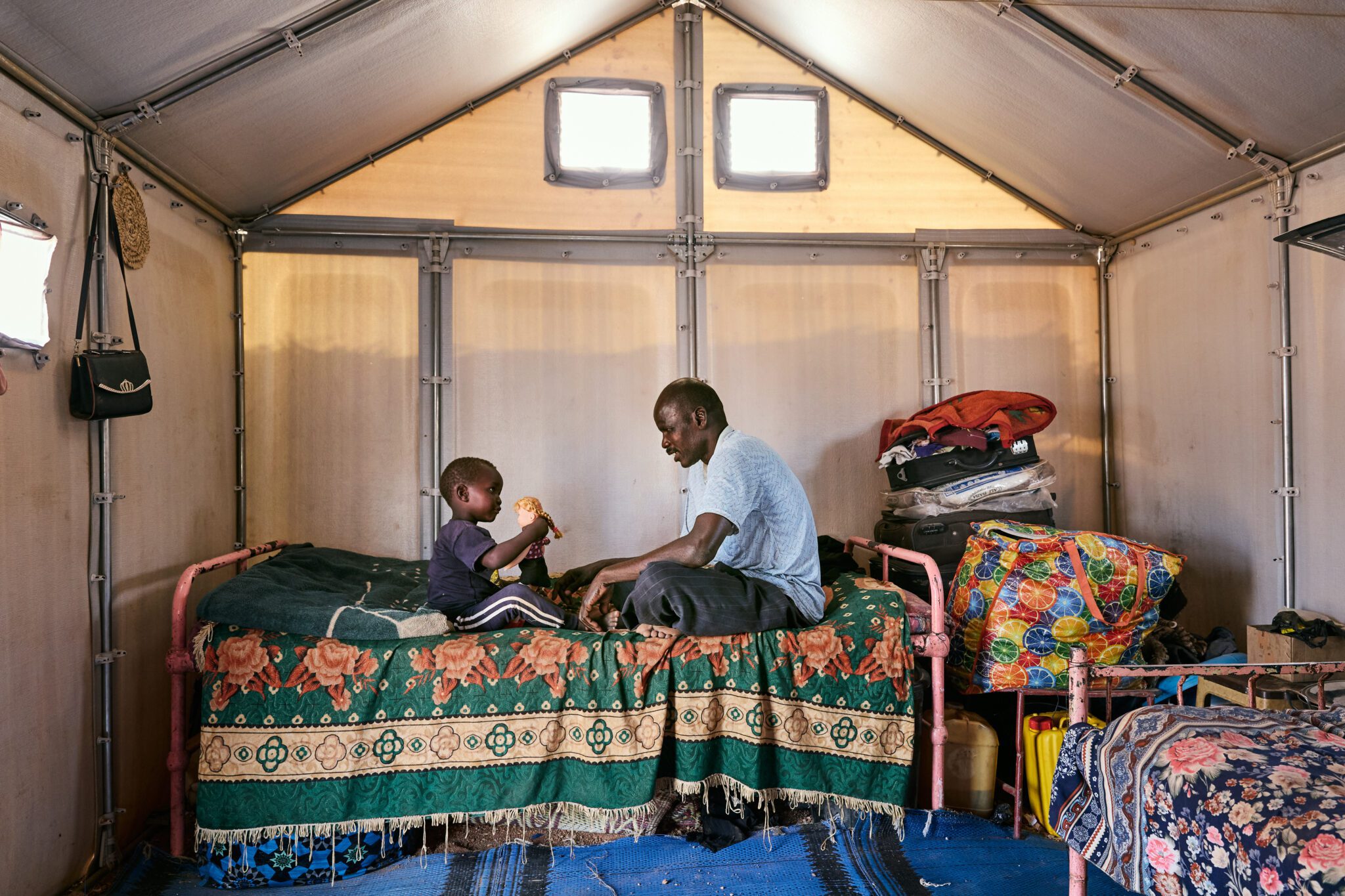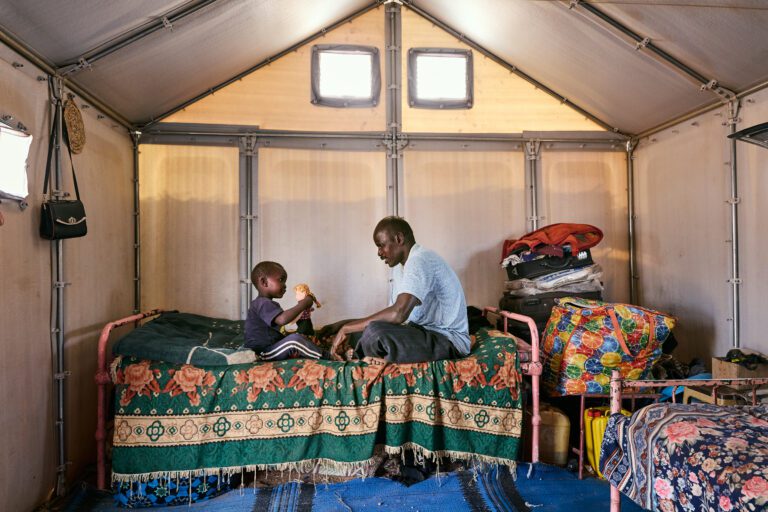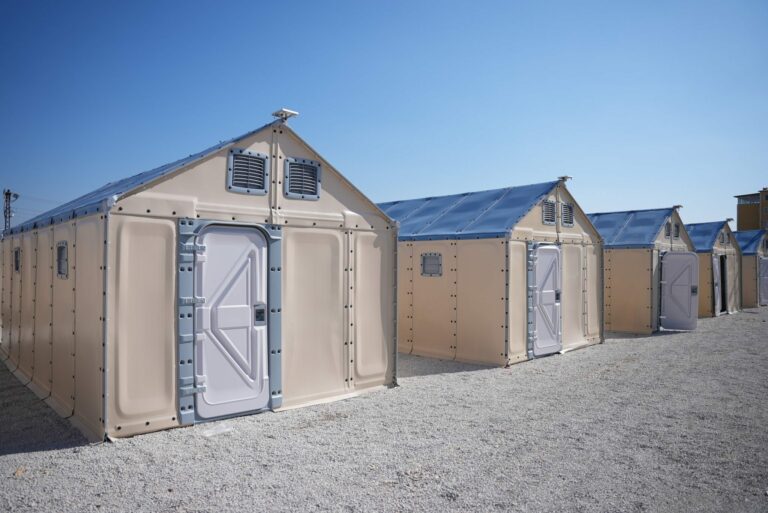On September 25th, the photo exhibition What Makes A Home will open at 9 West 8th Street in New York. The exhibition is organised in collaboration with the Consulate General of Sweden in New York and was created by, among others, world-renowned interior photographer Björn Wallander, known for his depictions of exclusive homes in Architectural Digest, Elle Decor, and Vogue. Behind the initiative is Better Shelter, a Swedish organization supported by the IKEA Foundation dedicated to providing temporary housing for some of the world’s 114 million refugees.
The exhibition aims to highlight the innate human desire to create a home, even in the most challenging circumstances. Through the lens of Björn Wallander, Ci Demis and Ali Haj Suleimans, visitors gain a unique perspective on how people establish a sense of home despite facing unimaginable hardships. The photos were taken in families’ homes in Brazil, Turkey, Syria, Chad and India. This project was a big contrast to the usual projects in exclusive homes around the world,” says Björn Wallander.
“This project has really shed new light on the definition of what makes a home a home. What is it that makes a home, when you have to leave everything behind? What touched me most was how the families I met managed to put such a personal stamp on their temporary homes, despite limited resources and terrible conditions. In the media, refugees are often portrayed as a homogenous group. But through this project, we can see that they are unique individuals, with their own stories, personal histories and ways of making their homes a home,” says Björn Wallander.
Since 2010, Better Shelter, a Swedish non-profit organization, has been dedicated to increasing the safety and dignity of refugees. With significant support from the IKEA Foundation, they have provided flat-pack homes that can be assembled on-site and adapted for various purposes, including temporary housing, medical clinics, and classrooms. With additional support from UNHCR, 90,000 of these homes have already helped people in 80 countries. The goal is to have helped one million people by 2030.
“For us, creating a sense of security for people in vulnerable situations and, in many cases, inhumane conditions is crucial. Although our houses are meant to be temporary until a new permanent home is found, many people live there for several years. It is clear to us, from the people we meet in our work, that the possibility of being able to settle in is important for the feeling of some kind of normality and that aesthetics and the need to create a cosy home is something we all share, no matter how unthinkable and crazy everyday life may be,” says Johan Karlsson, founder of Better Shelter.
The exhibition is organised in collaboration with the Consulate General of Sweden in New York and will be open to the public at the end of September, in conjunction with NYC Climate Week and the annual UN General Assembly debate. Björn Wallander is responsible for the photographs from Brazil, India and Chad, while Ci Demi has taken the pictures in Turkey and Ali Haj Suleiman in Syria.
The New York exhibition runs from 25-27 September at 9 West 8th Street and is open between 10 AM and 6 PM. The exhibition will then travel to other cities around the world in 2025.
Example story featured in the exhibition

“I wore this necklace the night we fled. They looted and burned down our house, but we managed to escape. As we ran, I lost my husband in the chaos. Some people have told me that he ended up in Libya. Others say he is dead. This was almost a year ago. He gave me this necklace on our wedding day – it’s the only thing I have left from our life in Sudan.”
Kobra, 30, Sudanese refugee in Chad
Better Shelter is a non-profit humanitarian organisation based in Stockholm. Over ten years ago, we began developing temporary homes to provide refugees with a safer and more decent life until they can rebuild their lives in a permanent home. Since 2015, we have delivered over 90,000 shelters to 80 countries, improving the lives of hundreds of thousands of displaced people through collaborations with humanitarian NGOs, UN agencies, philanthropic foundations, and academic institutions, including the UN Refugee Agency, UNHCR, IKEA Foundation, and the Red Cross. In 2023, we delivered 6,600 temporary shelters to Turkey and Syria, providing shelter for over 30,000 people. For more information, visit bettershelter.org.




